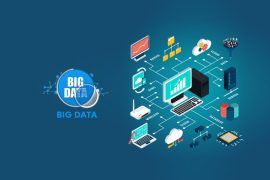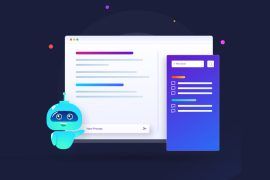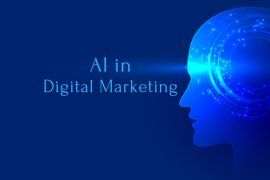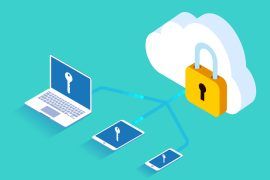Deskwork, also known as office work or administrative tasks, forms the backbone of many professional and corporate work environments. It involves activities performed at a desk, typically using a computer, to manage information, communicate, analyse data, and make decisions. Even today after the advent of technology deskwork remains pivotal in the professional landscape, offering a controlled environment for information processing, communication, and problem-solving. It serves as a hub for data management, documentation, and strategic planning. In an era of technology, its importance in fostering productivity, organization, and skill development remains irreplaceable. Deskwork facilitates focused tasks, client interactions, and regulatory compliance, ensuring a formal and efficient workspace. It continues to be the bedrock of professional activities, maintaining its relevance even as workplaces evolve.
While deskwork is essential for the work environment it comes with challenges. Prolonged sitting leads to health issues, while poor ergonomics causes discomfort and injuries. Constant screen use leads to strained eyes, Information overload hampers decision-making, and distractions in open offices affect focus. Monotony reduces engagement, and isolation contributes to stress. Repetitive tasks lead to boredom and privacy concerns arise in shared spaces. Difficulty disconnecting blurs work-life boundaries. Addressing these issues requires ergonomic setups, regular breaks, and wellness programs. Encouraging face-to-face interactions, providing technology training, and fostering a supportive environment can improve the deskwork experience.
Table of Contents
Enhancing Efficiency in Corporate Workflows
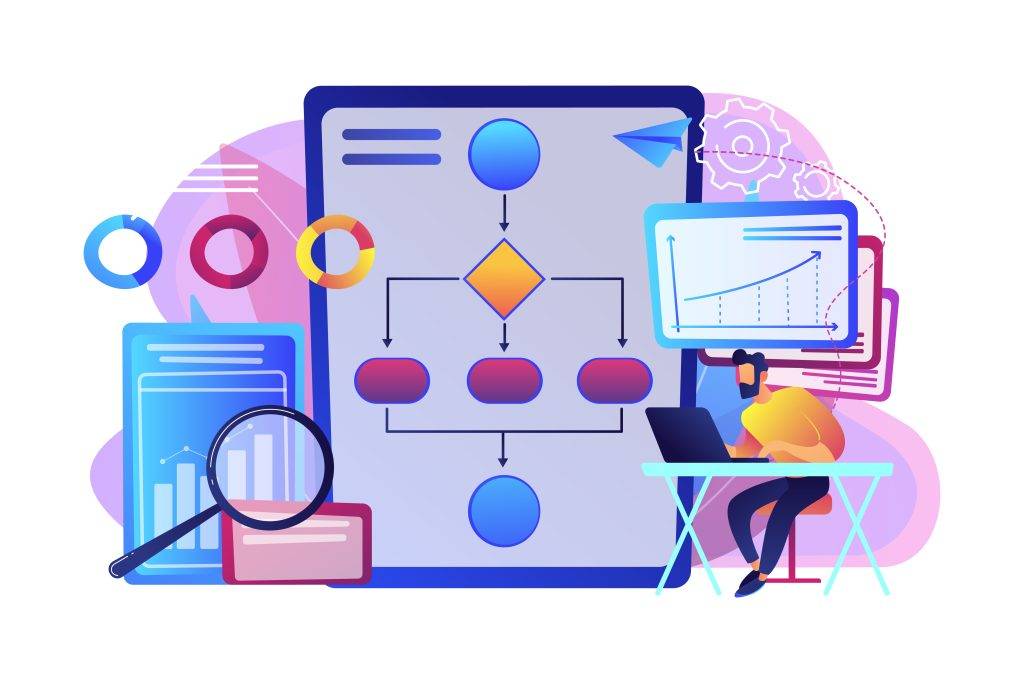
Deskwork inefficiencies encompass spending around 28% of work time on email, switching tasks every 3 minutes, attending an average of 62 unproductive meetings per month, suffering 25-minute focus loss due to distractions, experiencing a 40% efficiency drop from multitasking, investing substantial time in information searches, encountering errors from repetitive tasks, grappling with poor task prioritization, navigating communication overload, and facing underutilized skills that hinder productivity.
To mitigate these issues and to make the task more employee-friendly, modern-day technology and Artificial Intelligence (AI) come in place to aid in work environments.
AI can revolutionize deskwork by automating routine tasks, providing intelligent insights, and facilitating better decision-making. Let’s delve into how AI can specifically address the challenges of deskwork:
- Task Automation: AI can streamline corporate deskwork by delegating repetitive and time-consuming tasks to machines. Routine activities like data entry, document sorting, and appointment scheduling are handled efficiently, freeing up human workers to focus on more strategic and creative endeavors. This not only enhances productivity but also reduces the risk of errors associated with manual labor. From customer service to financial analysis, task automation optimizes workflows across various sectors, fostering a more efficient and effective work environment.
- Data Management: Data management is revolutionized by AI in corporate deskwork, where vast amounts of information are efficiently organized, analyzed, and utilized. AI algorithms enable rapid data processing, extracting valuable insights and trends that inform strategic decisions. Automation of data entry, sorting, and retrieval reduces human error and enhances accuracy. AI-powered tools aid in compliance by identifying anomalies and patterns that might otherwise be missed. From customer preferences to market trends, data management powered by AI transforms raw data into actionable knowledge, driving business growth and efficiency. However, safeguarding data privacy and ensuring ethical data usage remain crucial considerations in this data-driven landscape.
- IT Support: AI-driven IT support revolutionizes corporate deskwork by providing instant and accurate technical assistance. Virtual agents powered by AI can diagnose issues, offer troubleshooting steps, and guide users through problem resolution. This reduces downtime, enhances productivity, and improves user experience. Machine learning enables IT systems to learn from past incidents, improving their ability to predict and prevent future problems. Additionally, AI tools can automate routine maintenance tasks, ensuring system performance and security. However, successful AI-driven IT support requires continuous monitoring, human oversight, and a balance between automation and human expertise to handle complex and unique situations effectively.
- Employee Training: Employee training is elevated through AI in corporate deskwork, offering personalized and efficient learning experiences. AI-powered platforms analyze employee skill gaps and preferences to deliver tailored training content. Virtual simulations and interactive modules enhance engagement and knowledge retention. Machine learning adapts training programs based on individual progress, optimizing learning outcomes. This approach accelerates skill acquisition and supports ongoing professional development. However, while AI streamlines training, human guidance remains vital to provide context, address complex queries, and foster a collaborative learning environment. The synergy between AI-driven content delivery and human mentorship creates a comprehensive training strategy that empowers employees to thrive in their roles.
- Human Resources: AI transforms human resources in corporate deskwork, automating recruitment, screening resumes, and even predicting employee turnover. Chatbots handle routine inquiries, enhancing candidate and employee experiences. Data analysis aids in identifying workforce trends, optimizing resource allocation, and talent management. However, ethical considerations and human oversight are vital, ensuring unbiased decision-making and maintaining a balance between automation and personal touch in employee interactions.
- Virtual Assistant: Virtual assistants, powered by natural language processing (NLP), reshape corporate deskwork by enabling seamless human-computer interactions. NLP allows AI to understand and generate human language, making tasks like scheduling meetings, answering queries, and managing emails effortlessly. These AI-driven assistants enhance productivity, streamline communication, and facilitate information retrieval. They adapt to user preferences and language nuances, delivering a personalized experience. However, ensuring data privacy and accurate context interpretation are crucial. The fusion of virtual assistants and NLP creates a more intuitive and efficient work environment, where tasks are completed through natural language interaction, mirroring human conversations.
- Customer Service: The incorporation of Natural Language Processing (NLP) into customer service transforms it. NLP enables AI chatbots and virtual assistants to converse with clients in meaningful ways, comprehending their questions and offering appropriate responses. These AI-powered systems provide fast assistance, answer common inquiries, and even execute activities such as order tracking and troubleshooting. NLP guarantees that human language nuances are understood, hence improving the consumer experience. However, issues include improving accuracy while keeping a human touch. Customer service equipped with NLP not only speeds up issue resolution but also allows human agents to focus on more complicated issues, resulting in higher satisfaction and operational efficiency.
- Client and Stakeholders Engagement: AI enhances client and stakeholder engagement in corporate deskwork by offering personalized interactions and data-driven insights. AI-powered analytics assess client preferences, allowing tailored recommendations and offers. Virtual assistants handle routine inquiries, leaving human agents to address more intricate concerns. AI algorithms analyze market trends and stakeholder behavior, enabling proactive engagement strategies. However, maintaining a balance between automation and the human touch is crucial to preserving trust and rapport. AI augments client and stakeholder interactions, optimizing engagement efforts and contributing to improved relationships, enhanced satisfaction, and better business outcomes.
- Learning And Skill Development: AI revolutionizes learning and skill development in corporate deskwork by providing personalized and efficient training experiences. AI analyzes individual learning patterns and skill gaps to deliver tailored content, making learning more engaging and effective. Virtual simulations and interactive modules enhance knowledge retention. Machine learning adapts training programs based on progress, optimizing skill acquisition. However, human guidance remains essential to provide context and address complex queries. AI-driven learning blends seamlessly with human mentorship, creating a comprehensive strategy that empowers employees to upskill, enhancing their performance and contributing to professional growth within the organization.
AI’s potential for boosting deskwork productivity is significant, but certain factors merit careful consideration. To successfully implement AI, meticulous integration efforts are required to prevent workflow disruption, Equipping employees with AI tool proficiency through training is also essential, While familiarity with AI interfaces is pivotal for optimal utilization, ethical and privacy concerns underline the need for stringent data security, Customizable AI solutions cater to individual work preferences, while effective human-AI synergy relies on maintaining a harmonious balance between human insights and AI capabilities. This collaborative approach ensures AI amplifies human decision-making, fortifying the deskwork landscape with ethical, efficient, and customized solutions.
AI and Job Displacement
One pressing concern related to the integration of AI-driven deskwork solutions is the potential for job displacement. As AI systems take over repetitive tasks, there is a legitimate apprehension that certain traditional corporate desk roles might become obsolete. This transition, however, could also usher in a new era of specialized roles that demand expertise in managing and maintaining these advanced AI systems. Rather than rendering human employees redundant, AI might create opportunities for upskilling and reskilling, allowing HR professionals to focus on more strategic aspects of their roles.
Conclusion
In the realm of corporate deskwork, the integration of Artificial Intelligence (AI) emerges as a game-changer, revolutionizing productivity paradigms. By automating routine tasks, offering data-driven insights, and facilitating more informed decision-making, AI becomes a dynamic ally in the pursuit of work efficiency. From personalized recommendations and virtual assistants streamlining communication to predictive analytics guiding strategic choices, AI’s capabilities reshape deskwork dynamics. While implementation demands data integrity, ethical considerations, and human-AI collaboration, the benefits are undeniable. AI infuses newfound vigor into deskwork, enabling professionals to channel their expertise toward higher-value endeavors. As technology advances, the symbiotic partnership between AI and deskwork productivity continues to evolve, presenting a compelling narrative of how innovation propels workplaces into a future defined by effectiveness and success.

